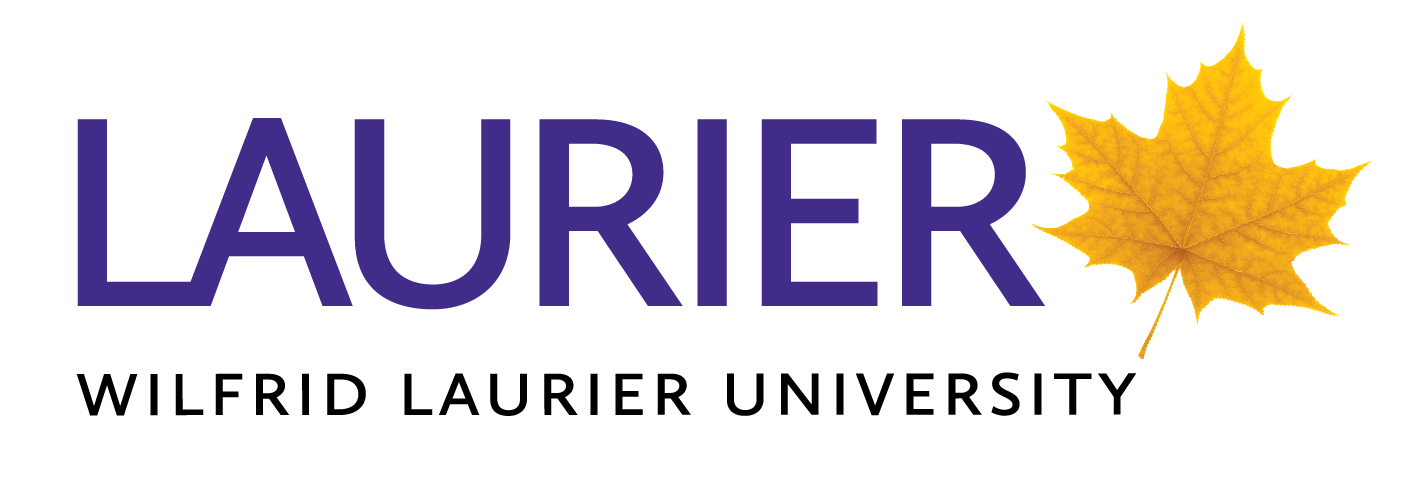0315 - Managing Countertransference Reactions Within Vulnerable Populations Impacted by Trauma
Course Description
Hours: 12
Historically, the work we do within addictions and mental health tends to focus more on symptoms rather than causation. Clients who seek out our services from these populations present with a significantly higher prevalence of trauma. The real architect of the intervention for our clients who are trauma implicated is the worker. Our personal wellness, insight and healthy attachment to our clients truly matter in their process of recovery.
As clinical workers who are wanting to be trauma informed, we must reflect on our component of what we bring to the therapeutic experience. As our clients are triggered and react and re-enact historical trauma within our session, so are we as clinicians. Our history and experiences can be helpful, but also can be harmful to the therapeutic work. Our histories, especially when we are not aware, do enter into the work with our clients. Having insight to our countertransference reactions is critical to a ‘do no harm’ approach for the highly vulnerable populations we service.
Learner Outcomes
Participants will learn:
- Use of self as an approach, as well as the challenges and even risks for use of self.
- The historical evolution to the understanding of countertransference as a concept.
- Overview of transference reactions and its potential risks.
- Overview of countertransference reactions – types 1 and 2.
- The benefits of empathy and the messiness of empathy in the clinical work.
- Emphatic strain including withdrawal, repression, enmeshment, disequilibrium and over-identification.
- Power of healthy clinical attachment.
- Trauma re-enactment syndrome.
- Overview of strategies for the helping professional to recognize, contain and heal event countertransference.
This workshop with include videos, personal reflective exercises, breakout groups and clinical knowledge overview of the above stated topics.
Notes
For more information contact the Faculty of Social Work Professional Development office:
Email: fswprofessionaldevelopment@wlu.ca
Phone: 548-889-5128
Cancellations and Transfers
Be sure to carefully review our cancellation and transfer information before registering.
Website: wlu.ca/fswpd
Applies Towards the Following Certificates
- Trauma Certificate : Trauma Certificate
